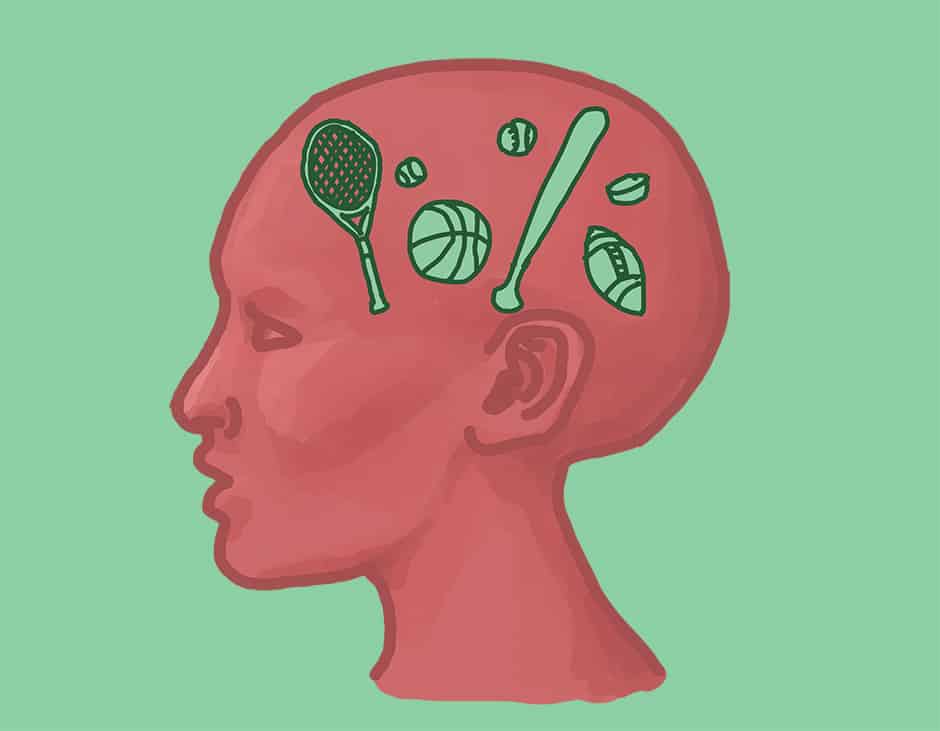Keeping active and engaging in physical activity during this coming semester may help your GPA as well as your waistline. Scientists have begun to research the effects of athletics on participants’ mental health. Research shows that it takes a lot of mental discipline for someone to participate in physical activity.
Steve Joordens, psychology professor at UTSC, explains, “Something we do know is that aerobic activity, in general, makes people happier. We know from depression research that one of the best ways to battle depression is some sort of physical activity, even though we may not fully understand why.”
Engaging in sports and physical activity is being shown to improve one’s outlook on life, decrease depression, and improve one’s mood. This is thought to be due to the production and release of mood-enhancing neurotransmitters. Endorphins, for example, are released when exercising. These chemicals are able to relieve plain and make people feel mentally stable and, simply, good and happy. After exercise, endorphins are released and can cause a runner’s high, a positive mental experience prompted by physical activity.
Joordens explains the decrease in symptoms of depression as being “caused by physical aspects, like better flow of oxygen and nutrients to the body, or because of psychological reasons, which include increased control over oneself and [the] environment, or both working together.”
“The more you train, the better you get, and you start to feel like you are in control of your physicality, etc., which can… increase yourself worth,” says Joordens.
Normally, when participating in sports and exercise, changes in physical appearance can become pronounced over time, including weight loss and muscle gain. This can boost an individual’s self-esteem, self-perception, and confidence.
This increase in confidence not only comes from one’s personal gains but also from the feeling of achievement. Playing sports and engaging in other physical activities allow you to “meet new people and broaden your social networks. These people become your support group and act like insulators,” says Joordens.
Playing on organized sports teams is a social activity. It allows for an increase in social interaction with others, which has been proven to reduce isolation and provide an opportunity for bonds to be made with others.
The reduction of social isolation softens effects of depression. Being around team members that encourage one another and have similar mindsets can inspire you to take a positive outlook.
Exercise reduces excess amounts of stress hormones in the body like adrenaline and cortisol. The release of adrenaline alleviates tension and encourages relaxation. Because excess levels of stress hormones are released during physical activity during the day, sleep is not compromised and comes with greater ease at night.
Finally, participation in regular sports and physical activities has been proven to increase one’s mental discipline as well.
Participation in sports allows you to practice and improve hand-eye coordination and focus. It also helps to strengthen your mind. It is said that pain and obstacles are all in your head; by regularly exercising, you are training your mind to overcome thoughts of pain and inability.
Overall, sports and physical exercise can offer many benefits to an individual’s health from weight loss and decreased depression to sleep regulation and increased self-esteem, with few negative side effects.


